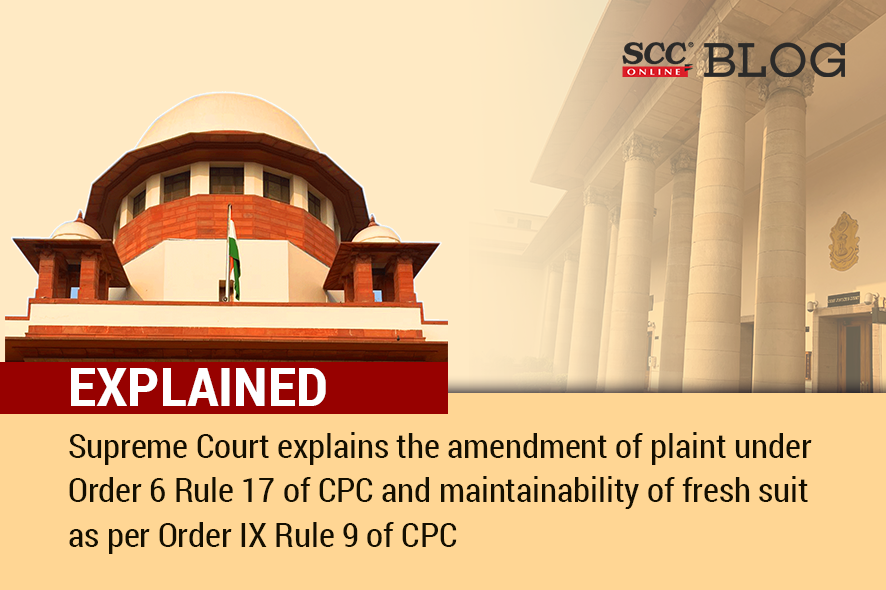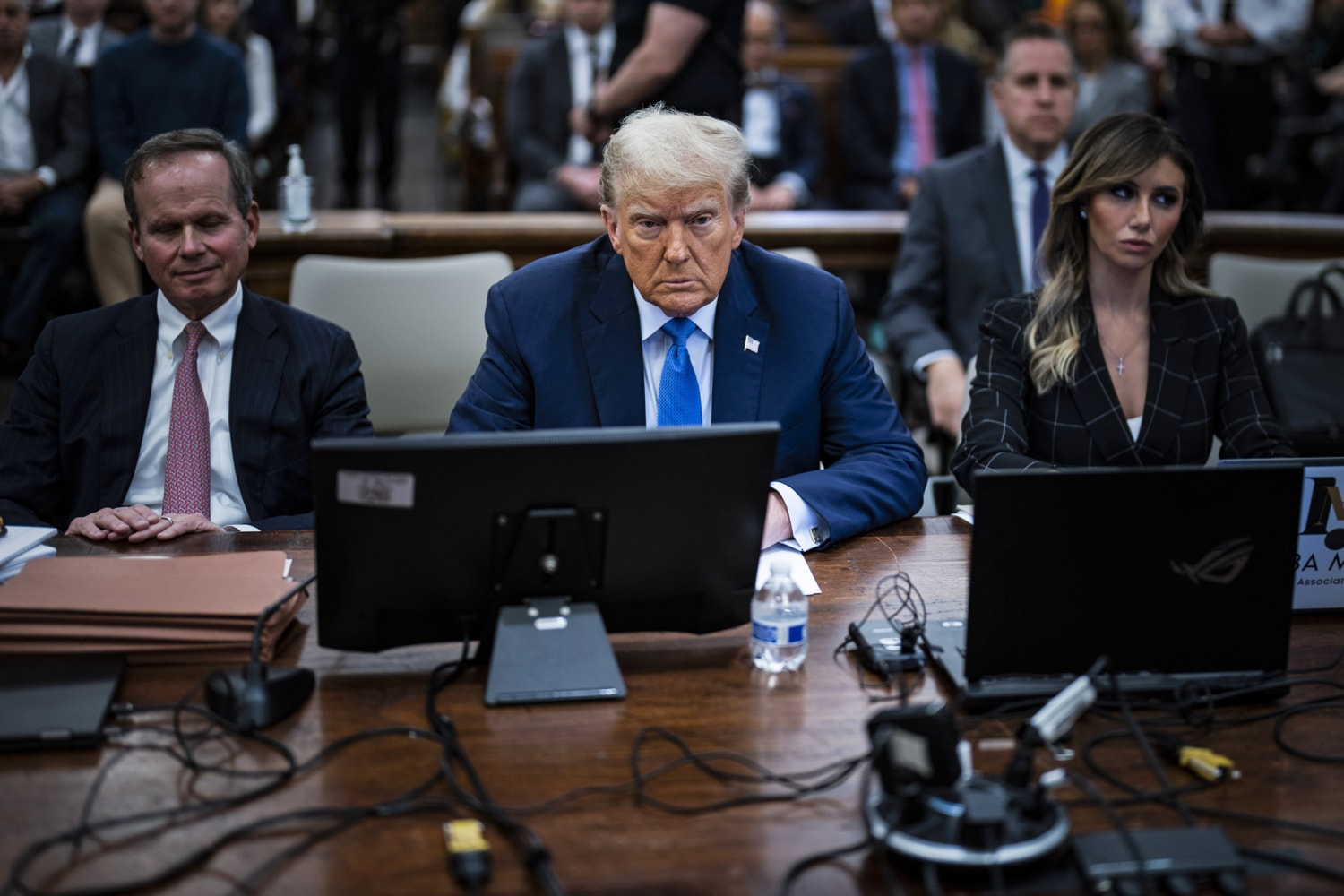
What is a Scheduling Conference in a Criminal Case?
When it comes to criminal cases, there are various stages and procedures that take place before a trial can be conducted. One of these important steps is a scheduling conference. In this article, we will delve into what a scheduling conference is, its purpose, and why it is an essential part of the criminal justice system.
Understanding the Basics
A scheduling conference is a meeting held between the prosecutor, defense attorney, and the judge assigned to the case. This meeting is typically scheduled after the initial arraignment, where the defendant is informed of the charges and enters a plea. The purpose of the conference is to set a schedule for the case, establish timelines, address any procedural issues, and ensure that both parties are adequately prepared for trial.
Purpose of a Scheduling Conference
There are several key objectives of a scheduling conference:
- To set trial dates: The most important objective of the conference is to determine the trial date. This is crucial as it allows all parties involved to plan their schedules and adequately prepare for trial.
- To discuss discovery: During the scheduling conference, the prosecution and defense will discuss the exchange of evidence and information related to the case. This includes witness statements, police reports, forensic reports, and any other relevant documents.
- To address motions: Both the prosecution and the defense may file motions during the course of the case. The scheduling conference provides an opportunity to discuss these motions and set deadlines for their submission and response.
- To discuss plea negotiations: In some cases, the parties may explore the possibility of reaching a plea agreement instead of going to trial. The scheduling conference allows them to discuss any potential plea negotiations and set a deadline for resolving the matter.
The Role of the Judge
The presiding judge plays a critical role during the scheduling conference. Their responsibilities include:
- Setting timelines and scheduling future court hearings
- Addressing any procedural issues that may arise
- Ensuring compliance with relevant legal procedures and deadlines
- Facilitating communication between the prosecution and defense
- Ensuring that all parties have access to the necessary resources and materials to prepare for trial
Frequently Asked Questions (FAQs)
Q: Who attends a scheduling conference in a criminal case?
A: A scheduling conference is typically attended by the prosecutor, the defense attorney, and the judge assigned to the case. In some instances, the defendant may also be present, but it is not always necessary.
Q: Is a scheduling conference the same as a pre-trial conference?
A: No, a scheduling conference and a pre-trial conference are two separate proceedings. While both serve the purpose of preparing for trial, a pre-trial conference focuses more on discussing the status of the case, potential settlements, and any other pertinent matters leading up to trial.
Q: What happens if a party fails to comply with the schedule set during the conference?
A: If a party fails to meet the deadlines or comply with the schedule established during the scheduling conference, they could face consequences. This may include sanctions, delays in trial proceedings, or the exclusion of certain evidence.
Conclusion
A scheduling conference is a critical step in the criminal justice system. It ensures that all parties involved in a criminal case have a clear understanding of the timeline, prepare adequate evidence, and address any procedural issues before going to trial. By setting trial dates, discussing discovery, addressing motions, and exploring plea negotiations, a scheduling conference plays a vital role in facilitating a fair and efficient trial process.

Source Image: scconline.com

Source Image: nbcnews.com
Nasdaq Futures Plunge as Big Tech Earnings Disappoint, Fed Rate Decision Looms | Nasdaq PRETRIAL CONFERENCE. A pretrial conference in a criminal case is a meeting between the prosecuting attorney and defense attorney to discuss the status of the case, facilitate the exchange of information, and negotiate regarding a possible resolution. Below are some common questions and answers regarding the pretrial conference.







